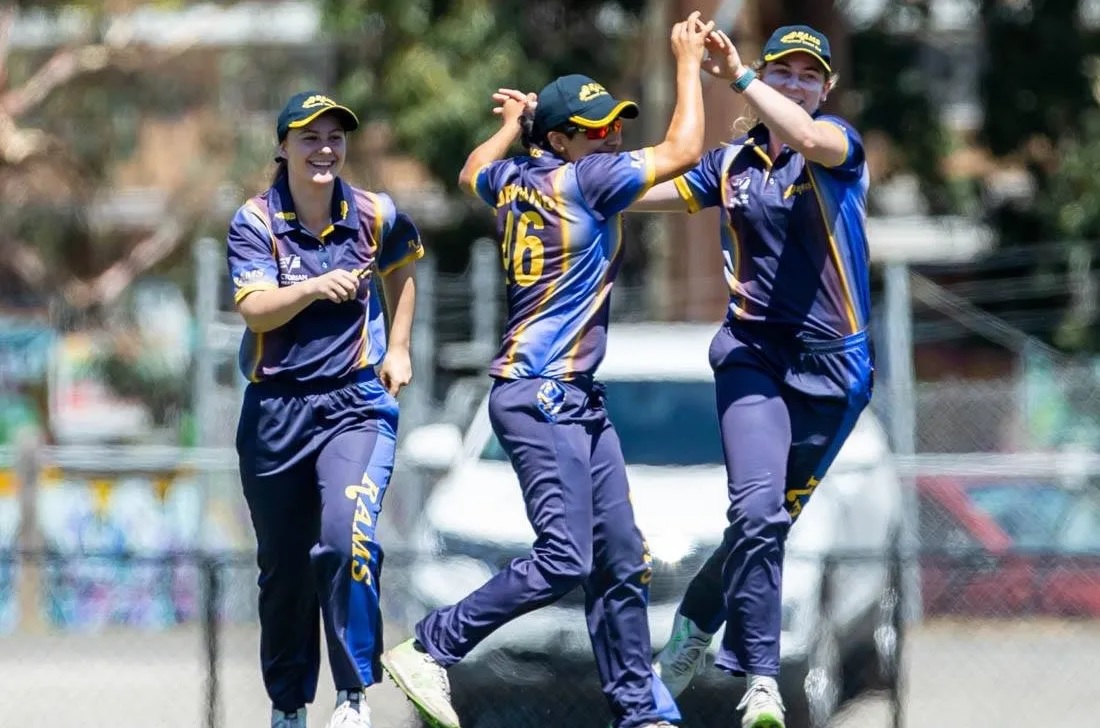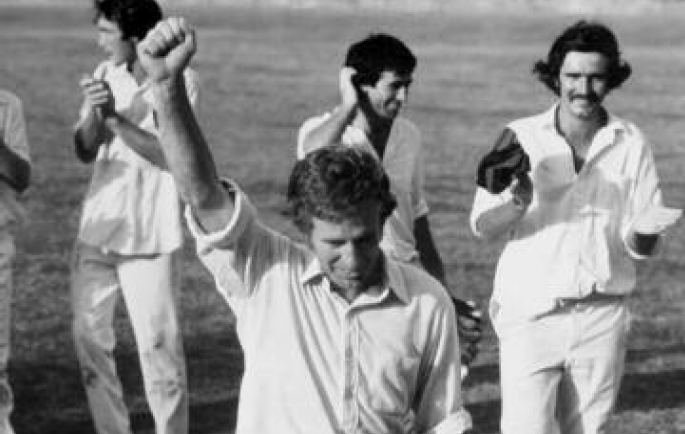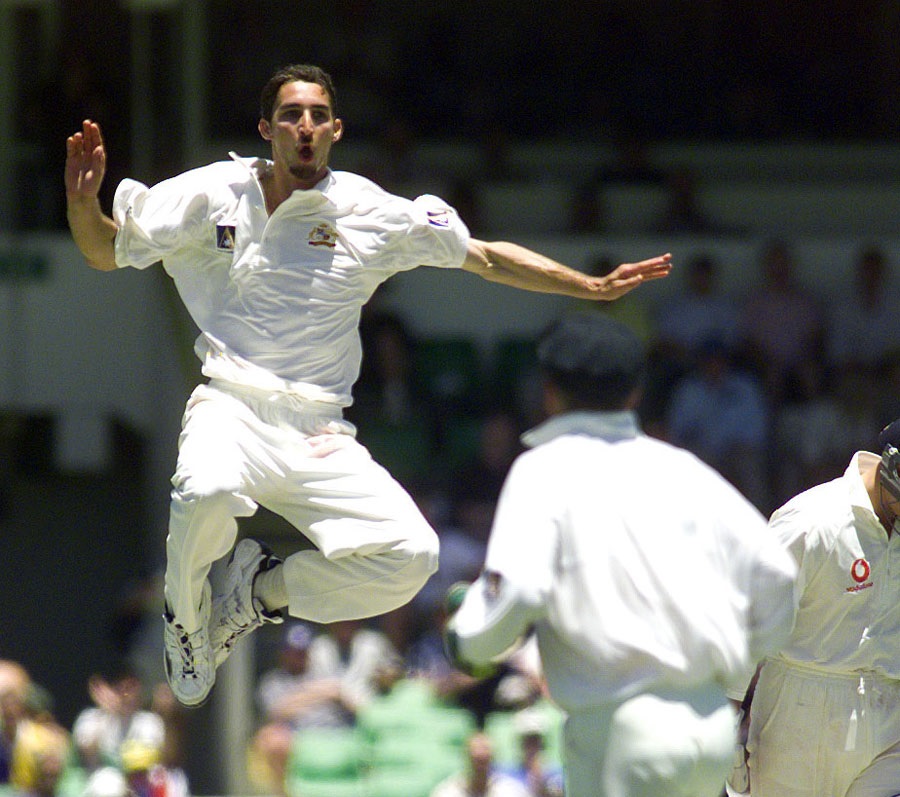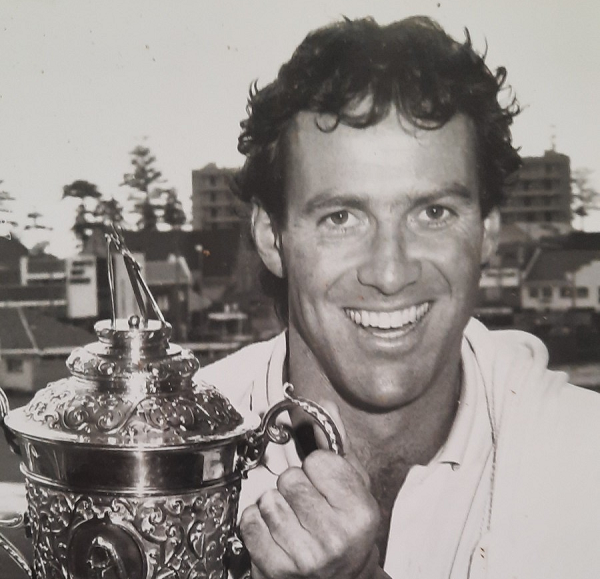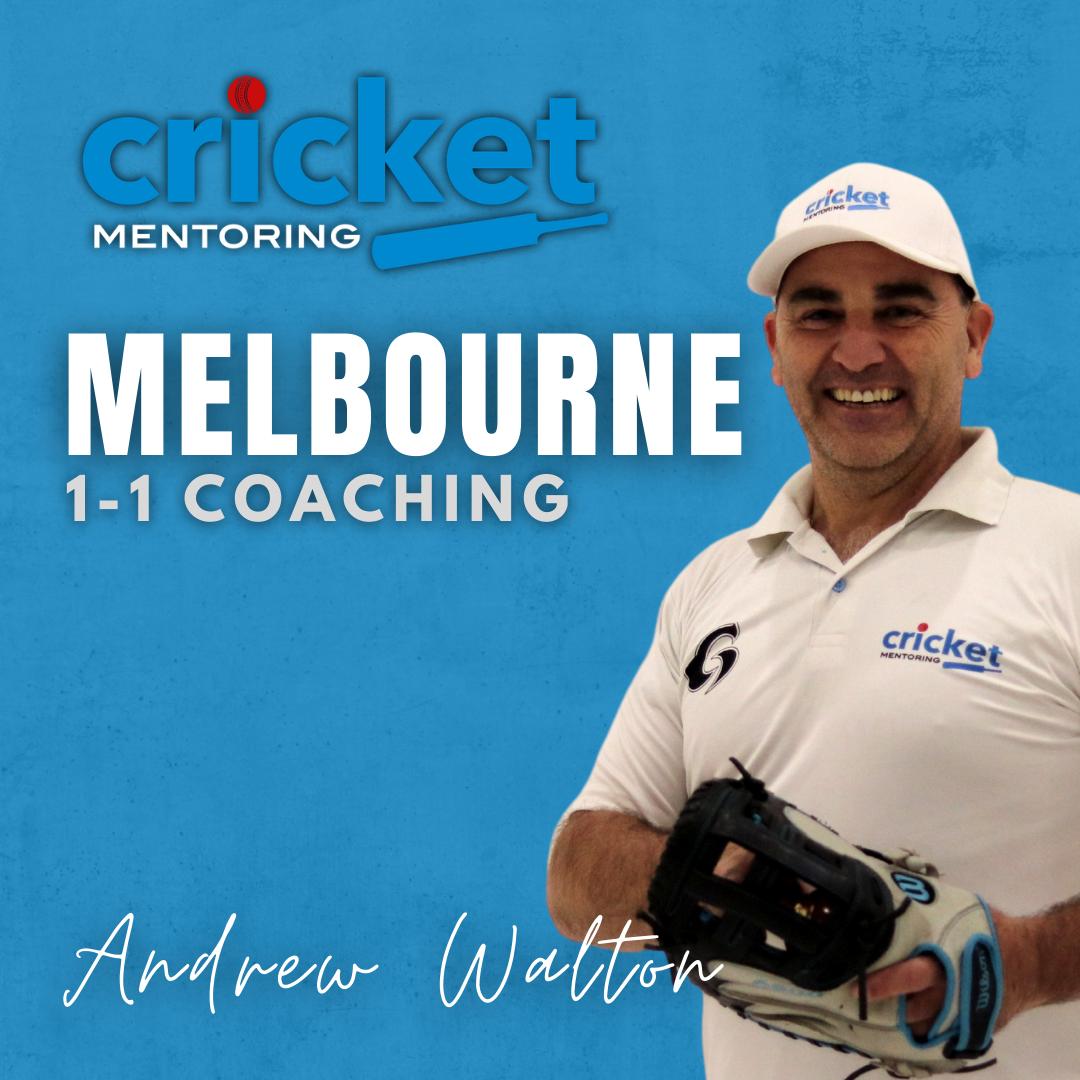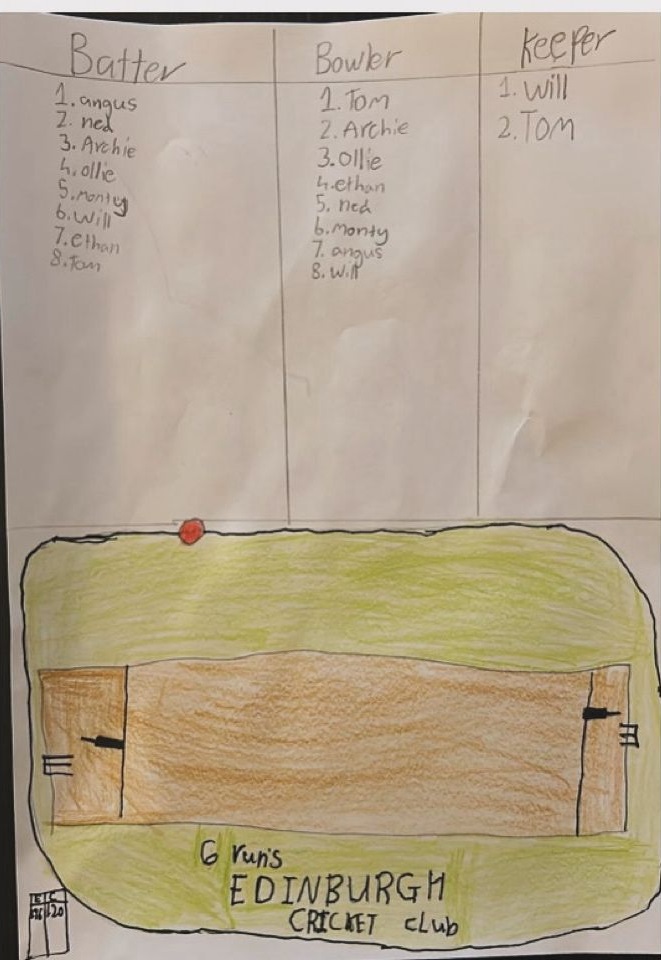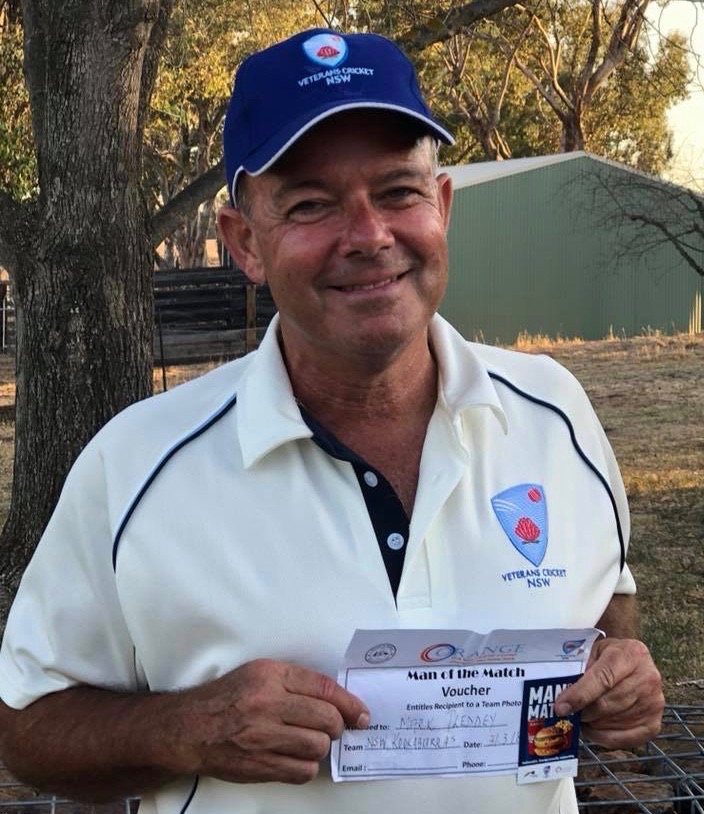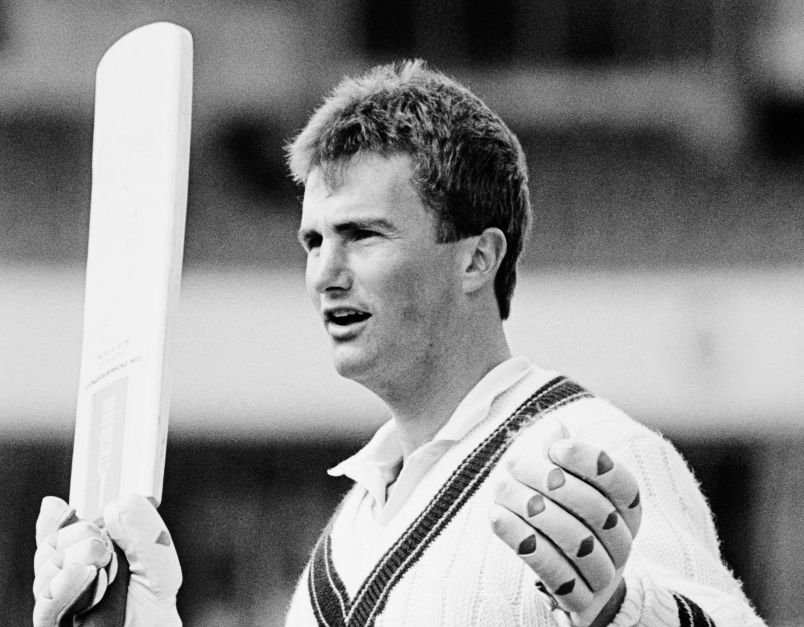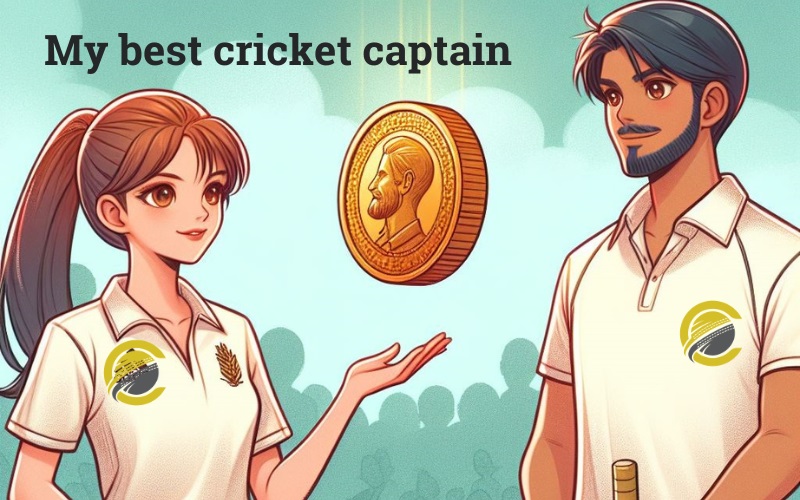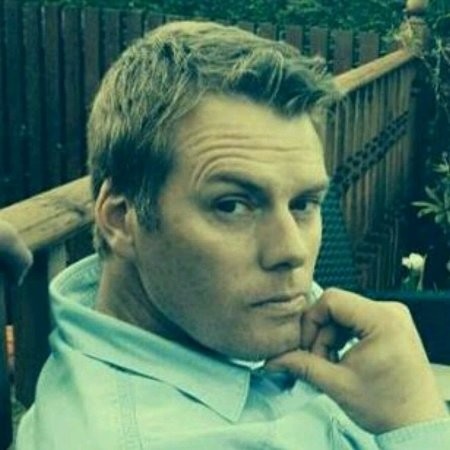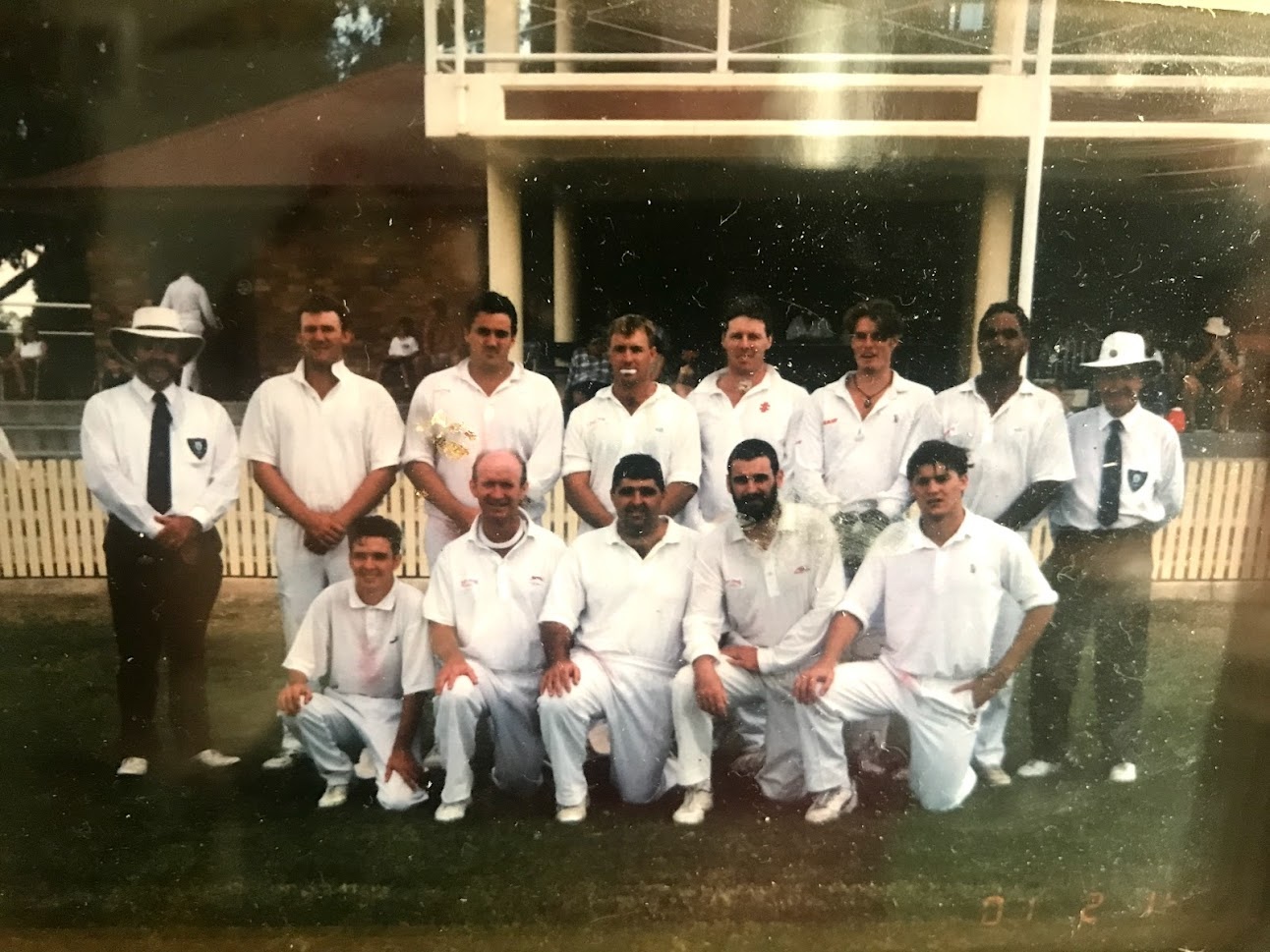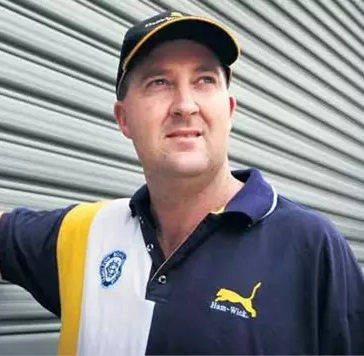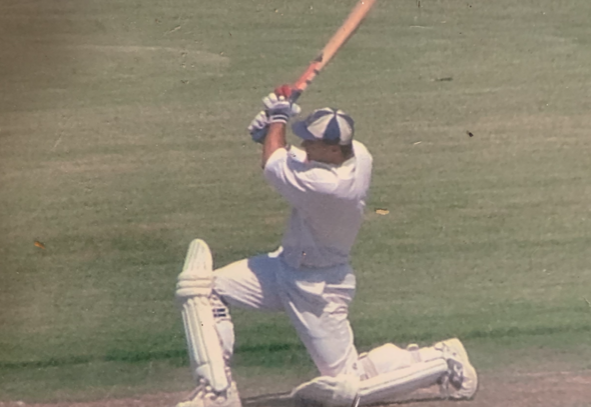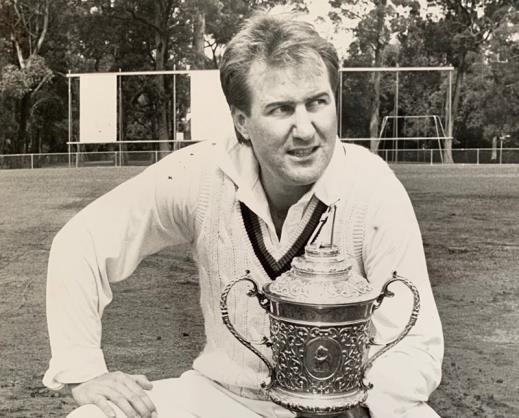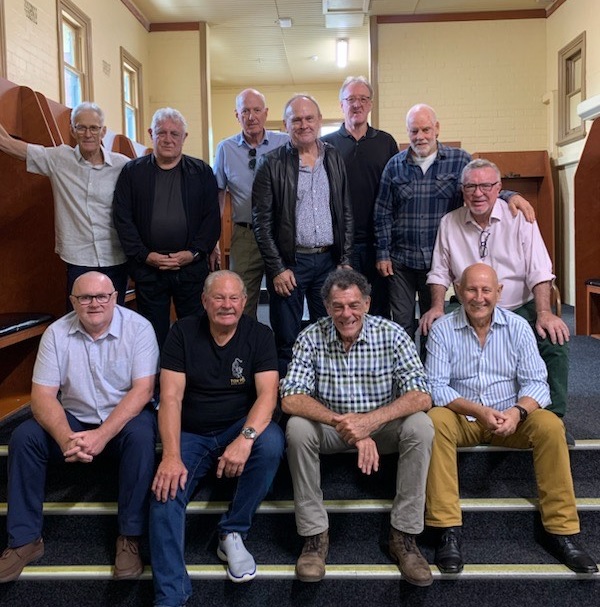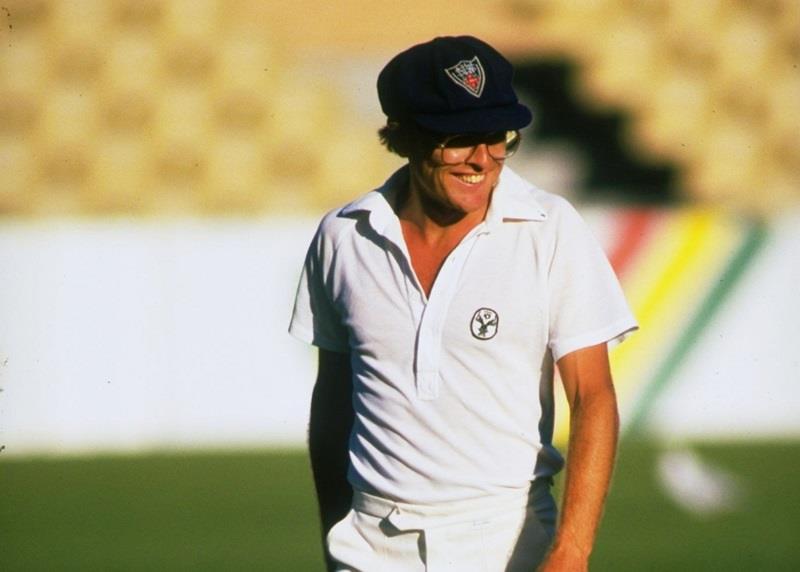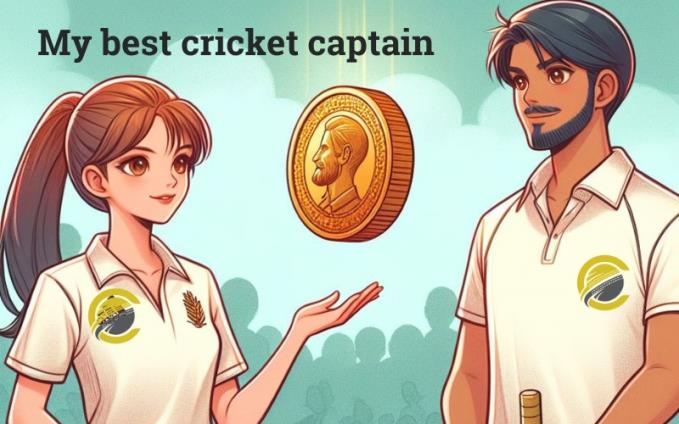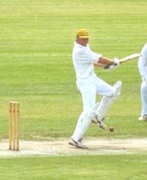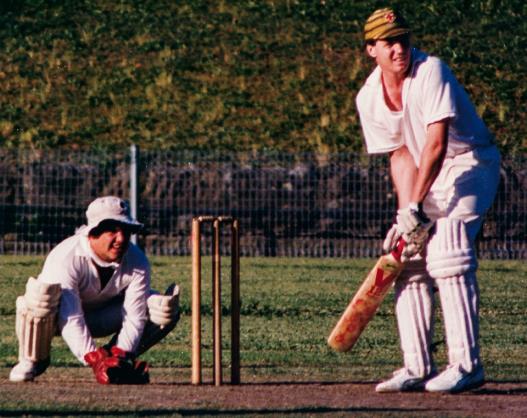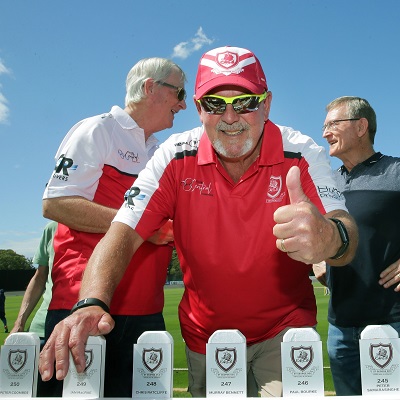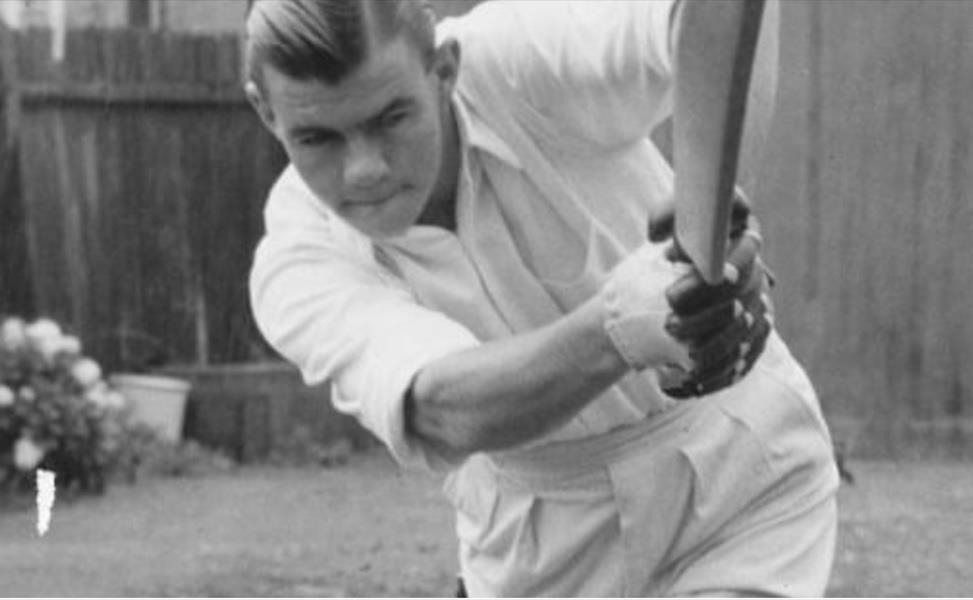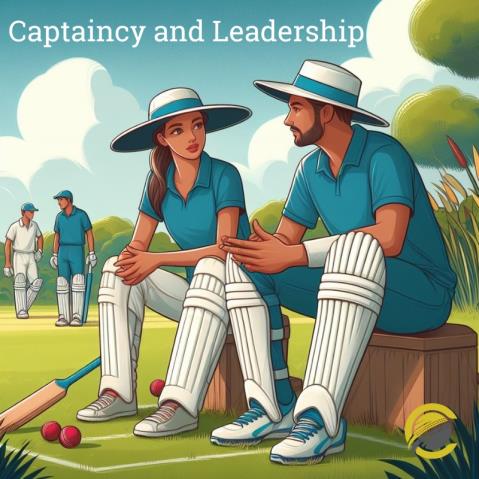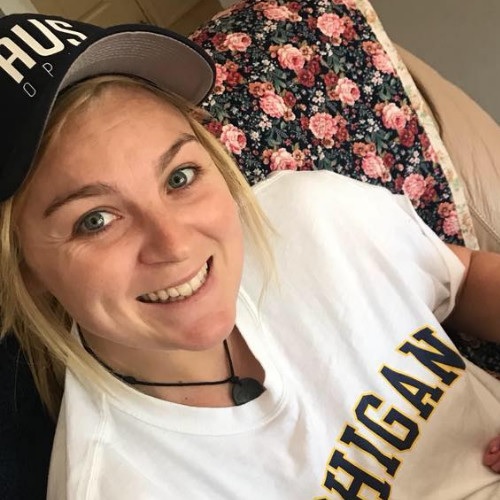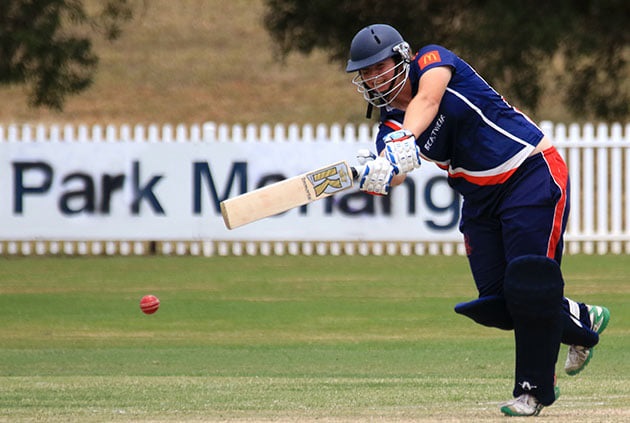4 months ago
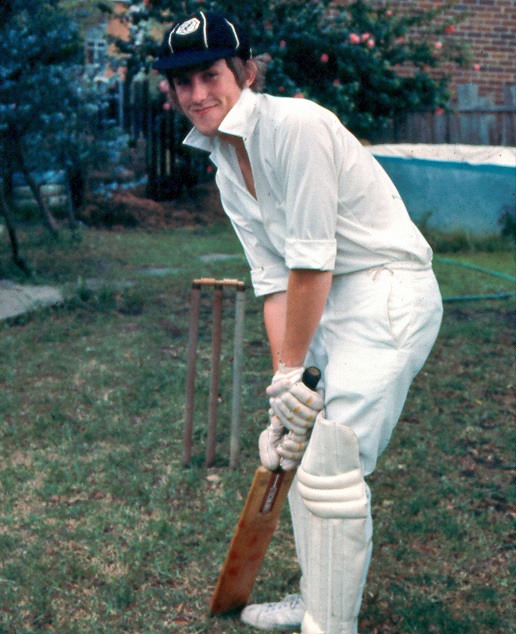
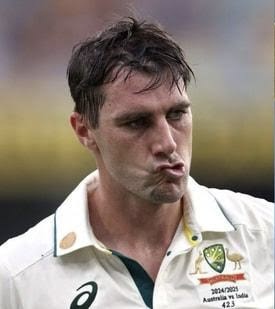
In a match where the good length ball, pitching outside off and either toward or just away from same, had claimed 15 off the previous 17 wickets, the Australians reverted to bouncers. Granted, it did work in Adelaide … for the only time in recent memory removing the tail. It didn’t work in England. It lost Australia home Tests against West Indies and Pakistan last summer and a previous series v India. Yesterday it cost the side a win. On a day one bowler short in 85% humidity, why use a tactic that has low returns, limits the number of dismissals possible against the most vulnerable batsmen and requires the maximum physical effort from its bowlers …

Peter Langston
Tamworth, New South Wales, Australia
36 Likes
4 Followers
4 Followers

In a match where the good length ball, pitching outside off and either toward or just away from same, had claimed 15 off the previous 17 wickets, the Australians reverted to bouncers. Granted, it did work in Adelaide … for the only time in recent memory removing the tail. It didn’t work in England. It lost Australia home Tests against West Indies and Pakistan last summer and a previous series v India. Yesterday it cost the side a win. On a day one bowler short in 85% humidity, why use a tactic that has low returns, limits the number of dismissals possible against the most vulnerable batsmen and requires the maximum physical effort from its bowlers …
… and this, boys and girls, is why fast bowlers make lousy tacticians … even the smiley, nice ones.
DUMB CRICKET!
Read More




